My philosophy toward nutrition aligns with creating a balanced approach to eating. By refraining from categorizing foods as strictly “good” or “bad,” we foster a healthier relationship with food. Instead, we can refer to less nutrient-dense foods as “sometimes foods.” This shift in language helps to normalize all food choices and lessens the emotional weight associated with them. It encourages individuals to view eating as a source of nourishment and enjoyment rather than a source of guilt or anxiety. By developing this mindset, we can significantly reduce the risk of disordered eating and support a more positive body image. Ultimately, it’s about cultivating resilience and understanding that nutrition is just one aspect of our overall well-being.



